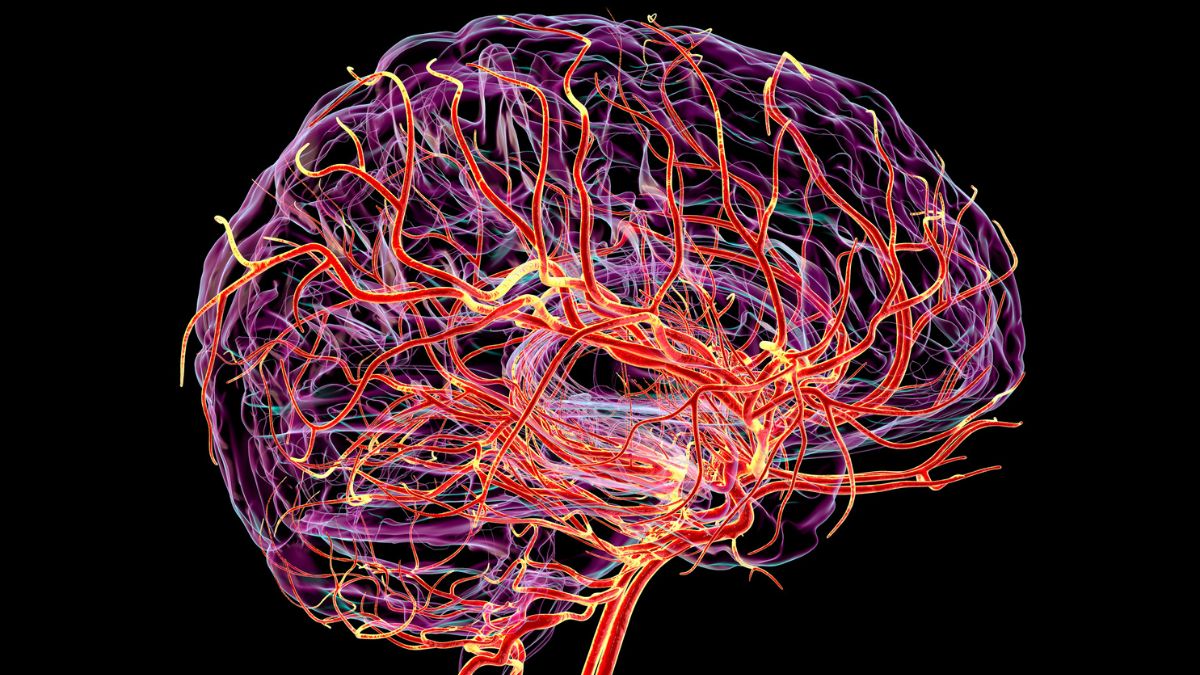- A new study suggests that there’s a key lifestyle tweak you should make during retirement to protect your brain health.
- People who said they had a higher sense of purpose in life were about 28 percent less likely to develop cognitive impairment, including dementia, researchers found.
- Here’s how you can implement these findings to life a longer, healthier life.
When it comes time to retire, it’s easy to think that just means kicking back and relaxing after decades of hard work. But new research suggests that it’s a super important time to ensure you still have a strong sense of purpose. As it turns out, this lifestyle element is super crucial for cognitive health in later years.
The study, which was published in the American Journal of Geriatric Psychology, finds a clear link between having a sense of purpose in life and a lower risk of developing dementia. Of course, dementia is a very complex disease, and this specific lifestyle finding doesn’t completely tip the scales when it comes to developing (or not developing) dementia. But it adds to a growing body of research that looks at all manner of health, diet, and wellness factors that contribute to overall brain health.
But the findings definitely raise a lot of questions about how your lifestyle as you get older may impact your dementia risk. Here’s what the study found, plus what dementia experts want you to keep in mind when thinking about these findings.
Meet the experts: Aliza Wingo, MD, is a senior study author and professor in the UC Davis Department of Psychiatry and Behavioral Sciences; Clifford Segil, DO, is a neurologist at Providence Saint John’s Health Center in Santa Monica, CA.
What did the study find?
For the study, researchers followed more than 13,000 adults who were 45 and older for up to 15 years. At the start of the study and throughout the study period, the participants went through several cognitive assessments. They also answered questions about their life and well-being.
The researchers found that people who said they had a higher sense of purpose in life were about 28 percent less likely to develop cognitive impairment, including dementia. That lower risk profile remained when the researchers factored in other variables like education, depression and presence of the APOE4 gene, which is a known risk factor for Alzheimer’s disease.
“This is exciting, because it’s another robust protective factor for dementia,” says Aliza Wingo, MD, senior study author and professor in the UC Davis Department of Psychiatry and Behavioral Sciences.
Why might having a sense of purpose lower the risk of dementia?
The study didn’t explore why this link exists—it just found an association. However, there are a few theories experts have on this subject.
For starters, we already know how essential learning new things, staying social, and keeping your brain active are to maintaining brain health. And by extension, feeling like you have a purpose in life means you are likely partaking in activities to achieve this purpose and also plan for and think about it, says Clifford Segil, DO, a neurologist at Providence Saint John’s Health Center in Santa Monica, CA. “All of these activities are brain-healthy. Losing a purpose in life can also therefore cause people to be stuck, not in motion, and be unhealthy.”
People who have a sense of purpose are also more likely to interact with others and be involved in different activities, lowering the odds they’ll feel lonely, Dr. Wingo says. (One recent study found that consistently feeling lonely can raise the risk of developing dementia by more than 30 percent.)
What are purposeful activities?
While the study didn’t find that any particular purposeful activity is better than another, Dr. Wingo says that there are a few options to consider when it comes to finding purpose:
- Focusing on relationships. That can mean caring for family members, spending time with grandkids, or helping out a spouse or friend.
- Working or volunteering. Continuing to work or sharing your time for community causes can help.
- Doing faith-based activities. That includes being involved in faith-based communities and doing spiritual practices.
- Setting and working toward personal goals. Hobbies, learning new skills, and working toward personal milestones all qualify here.
- Helping others. Doing acts of kindness and philanthropy can help.
When should people start doing this?
If you’re going purely based on research, Dr. Wingo says that it’s best to start this in your early 50s. (However, she points out that a lot of studies around this topic start at or around that age because people in that age group are more at risk of developing dementia over a shorter period of time than, say, people in their 30s.) “My guess is that the sooner you can have this mindset of setting goals for yourself and deriving a sense of meaning from things would be beneficial,” she says.
At the same time, Dr. Segil says you can start cracking away at this brain health booster any time. “It is never too late to come up with a new purpose in life or continue working towards long-term goals,” he says. In fact, starting something brand new later in life could be even better for your brain.
No matter what you choose, having a sense of purpose can go a long way toward keeping your brain healthy.
Korin Miller is a freelance writer specializing in general wellness, sexual health and relationships, and lifestyle trends, with work appearing in Men’s Health, Women’s Health, Self, Glamour, and more. She has a master’s degree from American University, lives by the beach, and hopes to own a teacup pig and taco truck one day.
Source link

